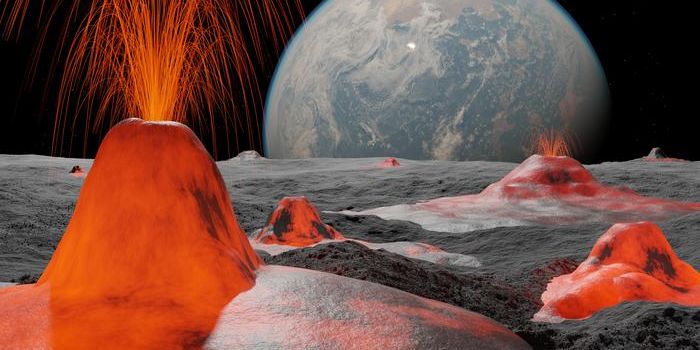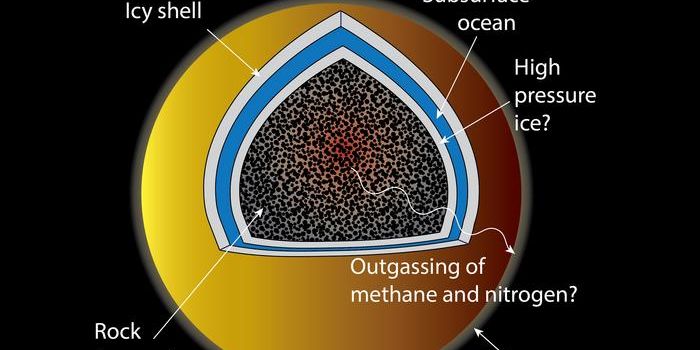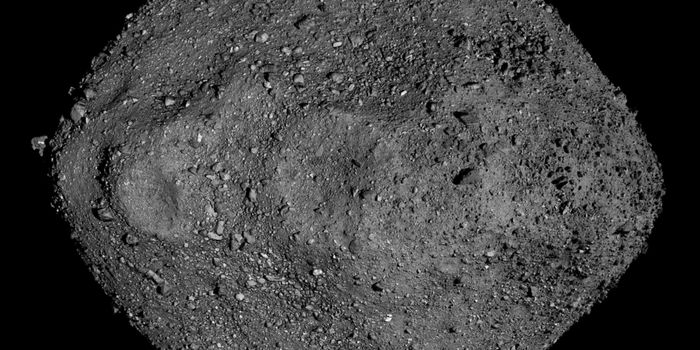UAE Expresses Interest in Building a City on Mars by 2117
There is certainly a lot of determination to get to Mars, and among some of the biggest organizations behind that determination are NASA and SpaceX, both which hope to have the first human habitation on the red planet within just a few more decades.
On the other hand, another contender now wants to put human habitation on Mars, and it’s not a corporation, but rather a country. The United Arab Emirates (UAE) is expressing its interest in putting mankind on Mars too, and Sheikh Mohammed bin Rashid Al Maktoum of the UAE is determined to see to it that the country builds a habitable city on Mars by 2117.
Image Credit: Sheikh Mohammed bin Rashid Al Maktoum/Twitter
While it sounds like a long time in the future to come, and it is, it might just be a more realistic figure than any that have been mentioned previously by any other organization; at least for an interplanetary city.
SpaceX wants to put the first humans on Mars within the next decade, but that’s not the same as building an entire city on the red planet. NASA also wants to put people on Mars, but they are aiming for at least 20-30 years in the future, where permanent habitation could be possible.
One such idea that has been put forth already is a special dome-shaped habitation modules made of ice, which can protect the inhabitants from cosmic radiation. Still though, this lone habitation module wouldn’t be an entire city; it would be a single isolated research center, similar to that of the International Space Station.
For what it’s worth, such a proposed city wouldn’t be limited to scientists from the UAE; the project calls for a warm welcome to international efforts to build it and for international scientists as well, in order to help push human exploration and knowledge forward.
"The project, to be named 'Mars 2117,' integrates a vision to create a mini-city and community on Mars involving international cooperation," Sheikh Mohammed said in a public statement. "Mars 2117 includes a major space sciences focus in our universities. We're building a space pioneering passion among our young people.”
Over the next century, building a city on Mars would involve several space trips to get building supplies shipped to our planetary neighbor and to put people there to get to work on building all of it.
Indeed, the future of space exploration looks bright, but whether or not these bold ambitions will actually be realized remains to be seen. Nevertheless, with so much effort from organizations that know what they’re doing, it’s hoped that one day we’ll achieve becoming an interplanetary species and make Stephen Hawking very proud.









